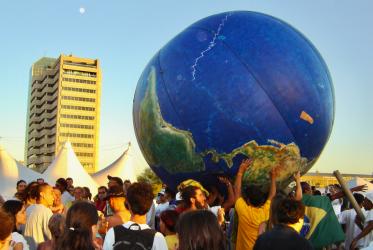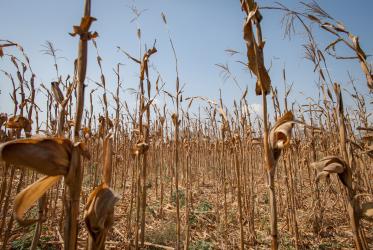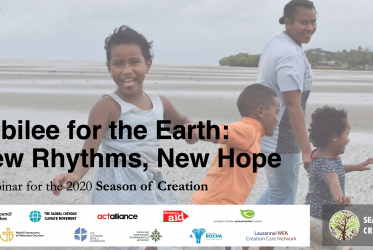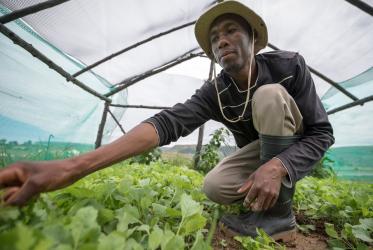Displaying 1 - 20 of 37
Caring for the Earth, Transforming Lives: Linking Faith & Natural Regeneration
12 May 2023
Hybrid: Online and Ecumenical Center




